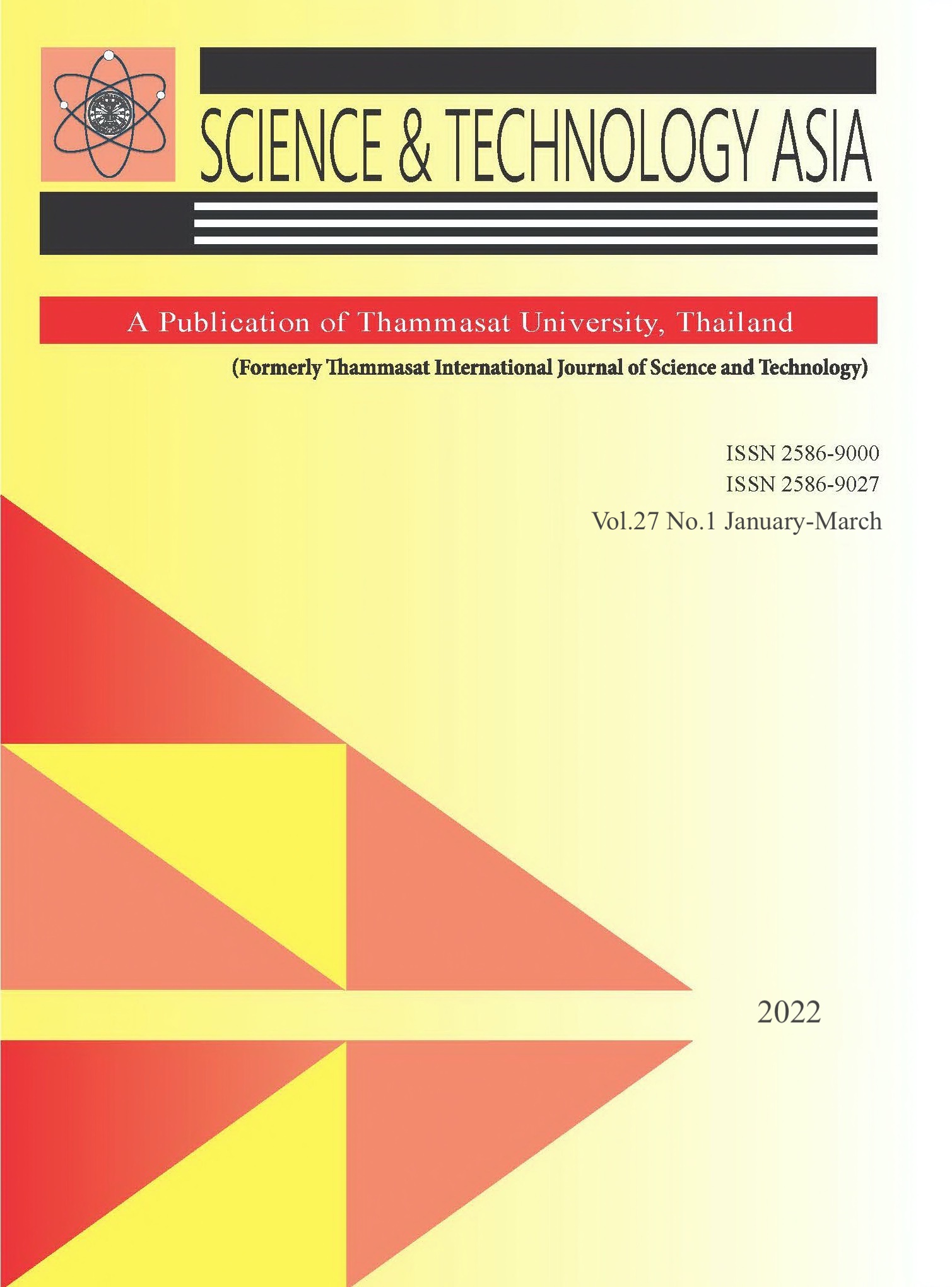Enhancing the Quality of Long-Term Patient Care by Use of the Innovative “Electrical Bed-Turning System” for the Prevention of Pressure Injuries: A Pilot Study
Main Article Content
Abstract
Pressure injuries are a complication potentially occurring with long-term care residents. Prevention of pressure injuries significantly reduces the physical and psychological burdens on both patients and caregivers. The purpose of this quasi-experimental research design was to determine the effectiveness of an innovation: an electrical bed-turning system, and to study the opinions of caregivers on the use of this system. Samples consisted of 30 long-term care residents. Research instruments consisted of a demographic data questionnaire and pressure injury assessment form, together with an evaluation of the caregivers’ viewpoints. Data were analyzed through descriptive statistics and Mann-Whitney U test. After three months into the study, there were two pressure ulcer cases in the experimental group. The ulcers developed in the third month. There was a significant statistical difference from the control group, which developed 15 pressure ulcer cases: two, four and nine pressure ulcers in the first, second and third months, respectively. The caregivers had the greatest satisfaction in the use of the patient-turning beds. These beds were a health-based innovation that helped to develop long-term care capacity and to reduce caregiver workload. As a health-based innovation, it is also in compliance with the national policy of Thailand 4.0.
Article Details

This work is licensed under a Creative Commons Attribution-NonCommercial-NoDerivatives 4.0 International License.


